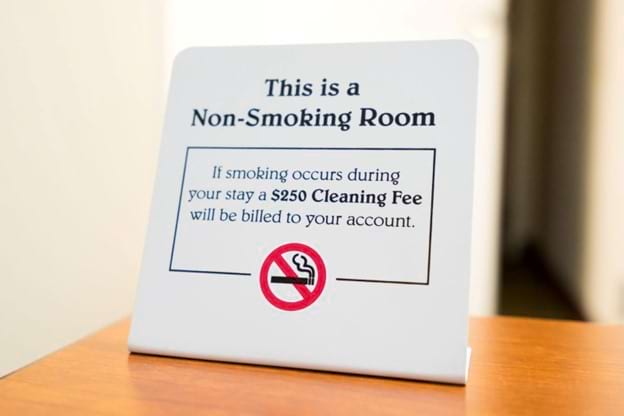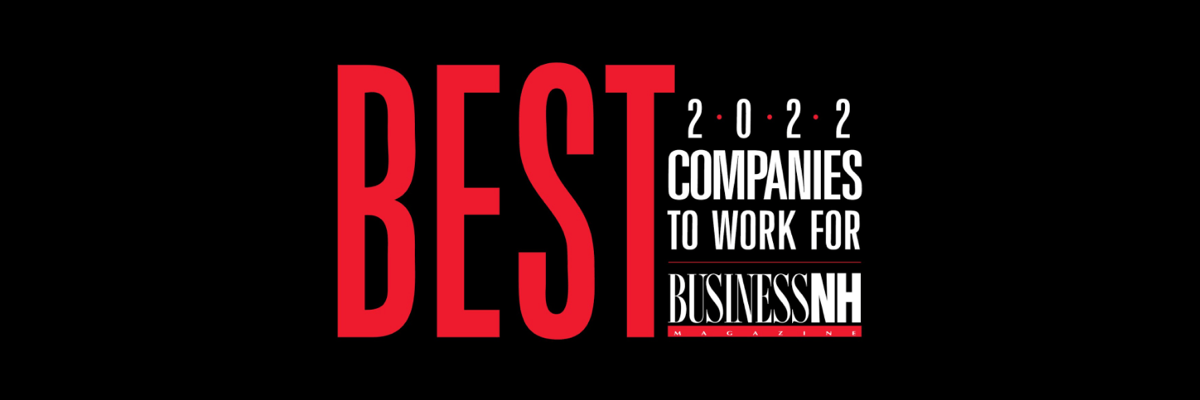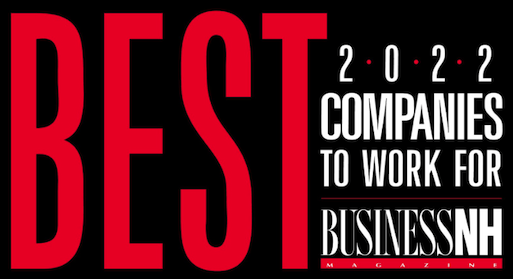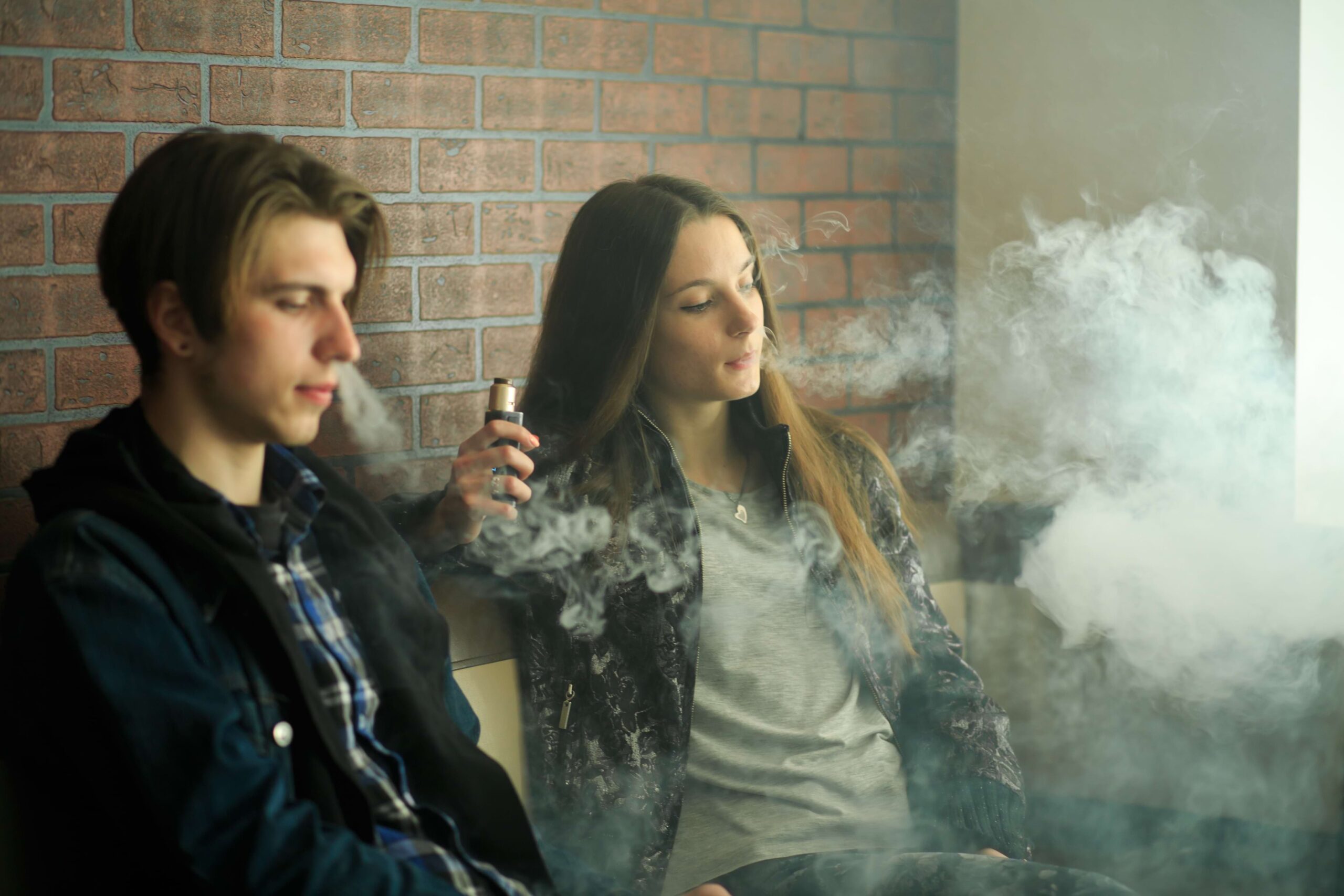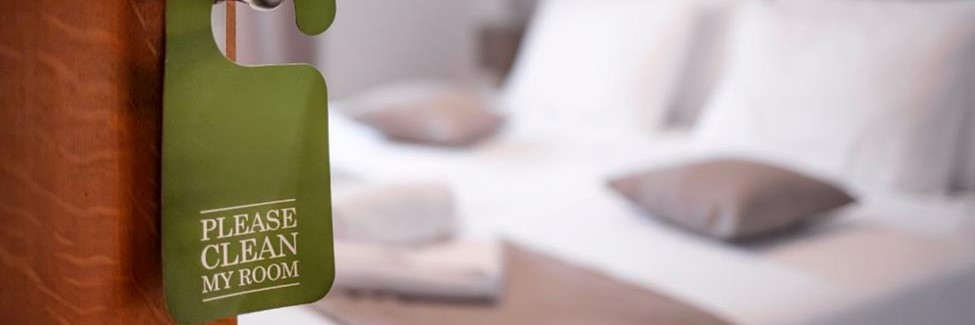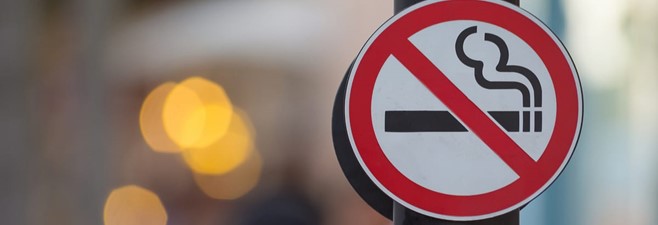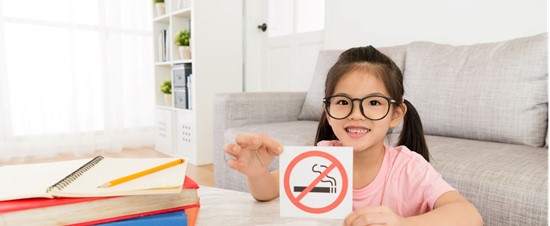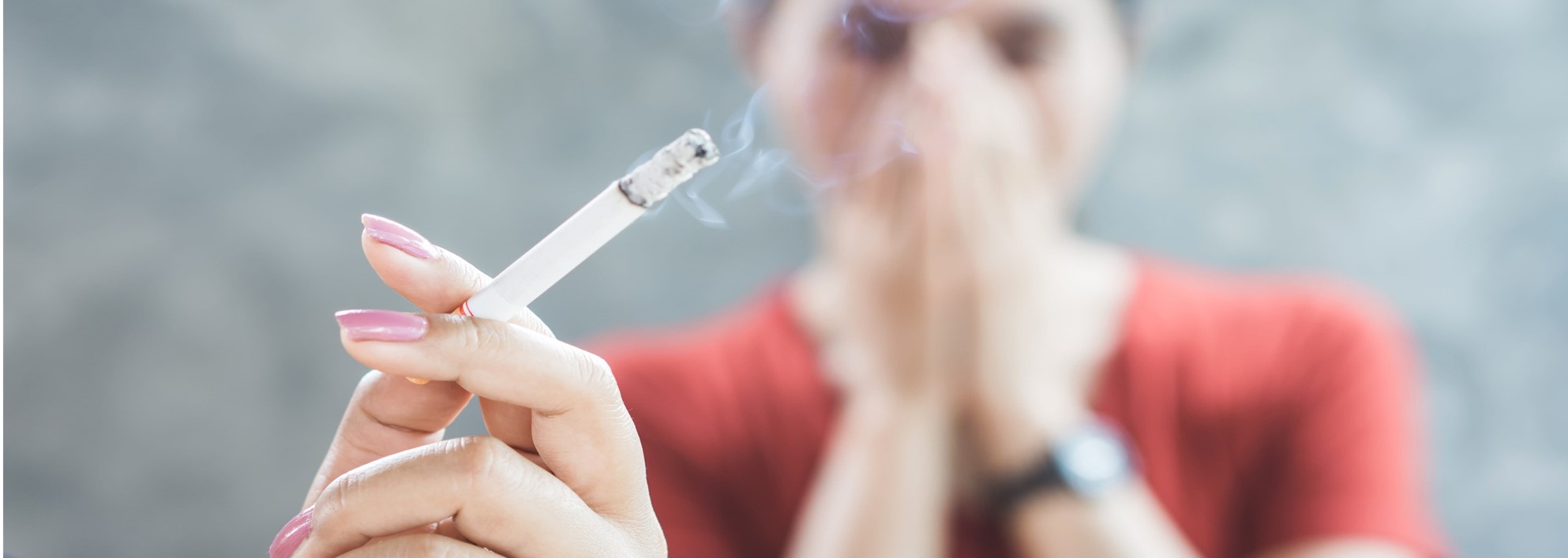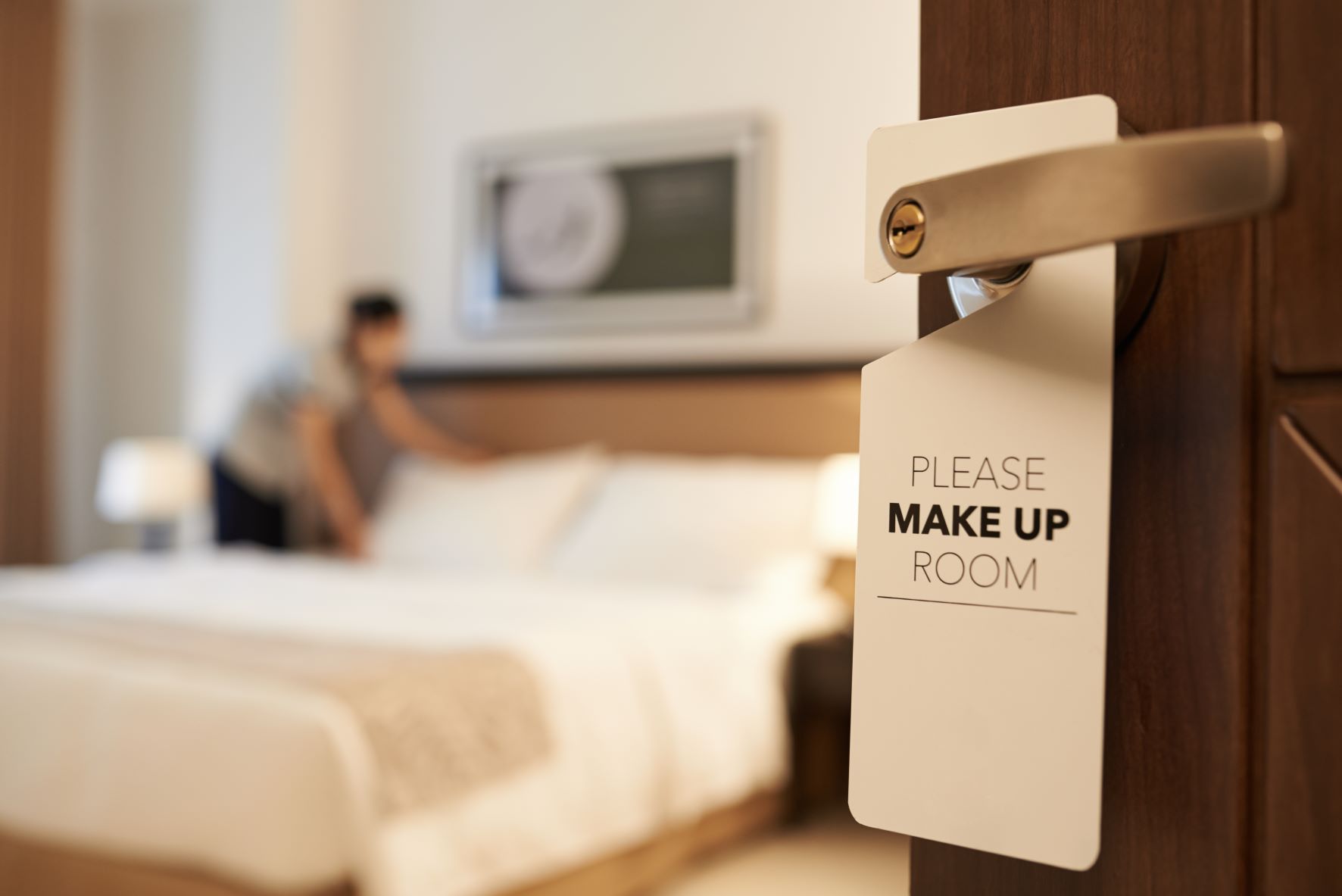
An original study published by researchers at San Diego State University (SDSU) reveals that many “smoke-free” hotels expose guests to thirdhand smoke.
Thirdhand smoke is the chemical residue that is left behind on clothes, skin, furniture, walls, and other surfaces after someone smokes.
According to one of the study’s researchers, Georg Matt, an SDSU professor of psychology and public health, “Many hotels claim to offer their guests smoke-free rooms, but cannot live up to this promise.”
The researchers analyzed more than 332,000 hotel guest reviews from stays in 477 hotels in the United States. The analysis revealed that 10% of reviews for non-smoking rooms include complaints about smoking.
Of these complaints, 80% were about thirdhand smoke residue left behind in hotel rooms from smoking by previous guests. In the worst offending hotels, up to 25 of 100 guest reviews included complaints about thirdhand smoke from tobacco.
What can hotels do? Matt said: “Hotels must continually educate and remind their guests about smoke-free policies and consequences, and train their staff to monitor and enforce compliance.”
According to a summary of the study, “If hotels protect guests by fully committing to, implementing, and enforcing 100% smoke-free building policies … guests will have more positive experiences that will likely reflect in their reviews and ratings.”
As reported in an industry study about the actual costs of smoking in hotel rooms, “Lost revenue from reputation damage incurred by negative online reviews account for 65% of the entire cost of a single smoking event.”
FreshAir Sensor provides a novel and effective solution to enforce no-smoking policies in hotels.
FreshAir Smoking Sensors are the only technology available to specifically monitor for, immediately detect, and scientifically prove the presence of combusted tobacco and marijuana.
